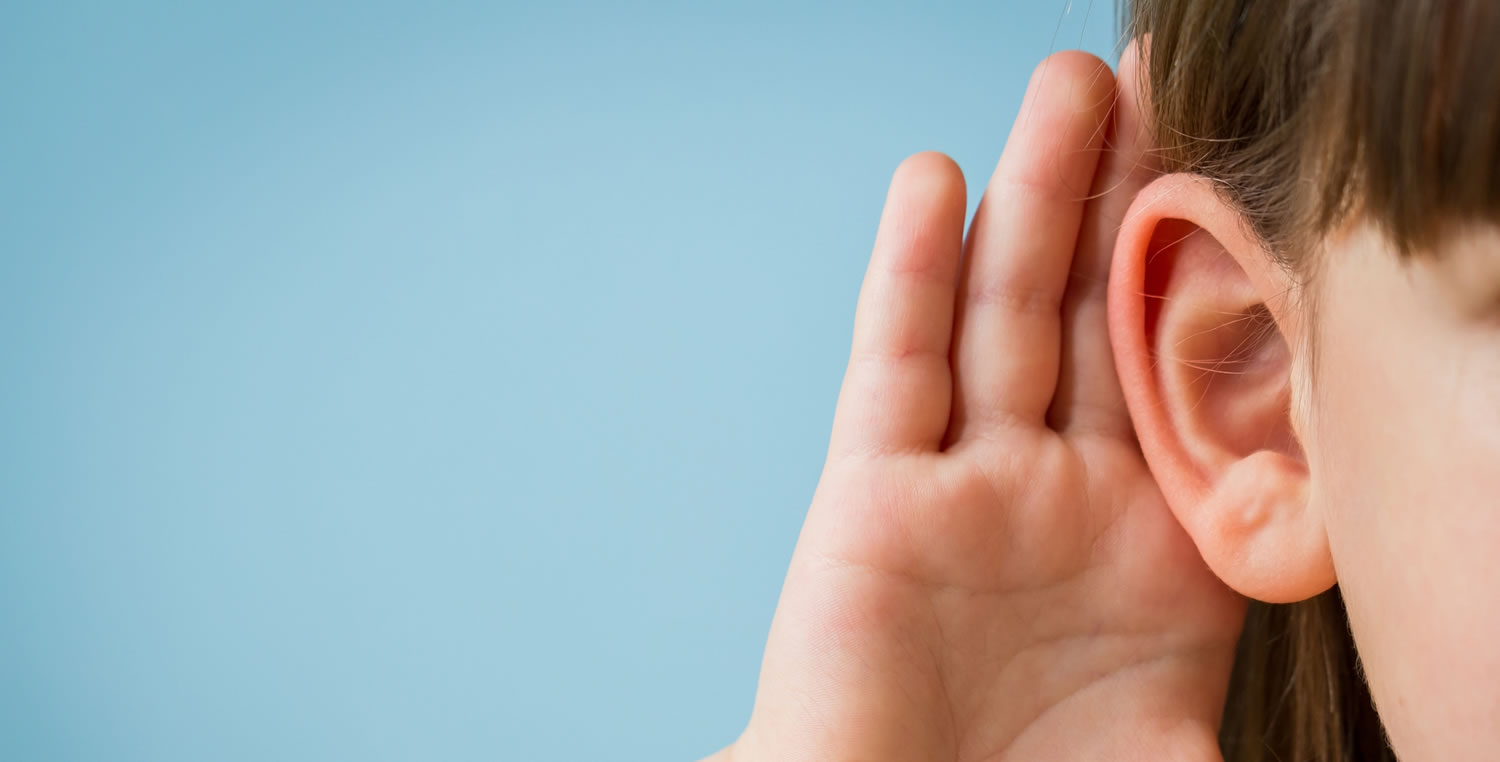How can educators identify hearing, vision or other health problems in young children?
Published on Wednesday, 14 October 2020
Last updated on Wednesday, 21 October 2020

Early learning educators spend many hours playing, chatting and otherwise interacting with our children, and along the way, they get a good sense of how our little ones are learning, developing and understanding the world.
This means that as well as noticing children’s leaps and bounds, educators may also detect when they’re struggling to hear, see or engage in the child care day.
One child might be finding it hard to follow instructions, while another may be tripping over toys, and whatever the problem is, educators play a key role in helping to flag potential health issues and point parents in the direction of medical check-ups and support services for their child.
The experts say that finding a health problem early is good for the child’s learning and development, so let’s see what educators might notice as they care for our children.
What are some signs of a hearing problem?
A hearing issue can affect the way a child communicates with their friends, listens to art and craft instructions, or dances to music, and KidsHealth says that a youngster may have a hearing problem if they:
- Have speech or language difficulties
- Have trouble following instructions
- Are easily distracted, or
- Find it hard to pay attention.
Educators might notice that these signs change from time to time, and if a child has a discharge from their ear, then it’s important that their parents are told about this and take them to a doctor.
What signs can point towards a vision problem?
When it comes to eyesight, educators may notice that a child:
- Has learning or reading difficulties
- Is clumsier than usual for their age
- Screws up their eyes or tilts their head to see, or
- Gets frequent headaches.
What will educators do if they suspect a child has a hearing, sight or other health problem?
If an educator notices something is amiss, then they’ll get in touch with the child’s parents and remind them about the free Well Child Tamariki Ora programme, which includes health visits and support from the child’s first weeks until just before they go to school.
Nurses discuss children’s hearing and vision at each Well Child visit and can refer the child for an assessment at a local hospital or ear/eye specialist if needed.
KidsHealth says parents can take their child for an assessment any time they’re worried about their hearing or sight, and four-year-olds have their hearing and vision checked as part of their B4 School Check.
The following health services also help with children’s hearing, vision and other health issues:
- General practitioners
- Healthline, which provides free medical advice when you call 0800 611 116
- Plunket, parenting advice when you call 0800 933 922
- Community Oral Health Services, which offer free dental care for under 18s, and
- Some areas also have mobile children’s ear clinics that visit early childhood education centres and schools.
Keeping in mind that 90 per cent of a child’s brain develops in their first five years, it’s vital that they can hear, see and engage in all the world has to offer.
There are lots of ways to help children learn and develop if they do have health issues, and educators are well-placed to pick up on potential problems and act as a sounding board for parents who may have noticed issues, too.
As always, an open, responsive and reciprocal relationship between parents, whānau, children and educators will help to identify problems early and move forward in a positive way.
How else can we support those with hearing loss?
For a fun twist on a serious cause, put Loud Shirt Day in the diary.
This annual event is happening on Friday, 23 October and it’s a chance for all of us to give the gift of sound and speech to kids and adults with hearing loss.
Loud Shirt Day raises funds for The Hearing House and the Southern Cochlear Implant Programme, and you can either donate to the cause or take part in a fundraising event, with a focus on LOUD fashion.
Some people are running in loud shirts, hosting Zoom dance parties or putting school principals in funny outfits, and whatever you do, this event will help the two charities provide hearing technology (Cochlear implants) and listening and spoken language therapy to those who need it.
This is a great cause, so dust off your Hawaiian shirt or polka dot blouse and get set to get loud!
Related Articles

Nutrition and Children in Child Care
Nutrition is an important factor when choosing an early childhood service, this article offers suggestions on what to look out for.

How to teach your child to be kind and grateful
Raising children to be respectful and responsible people, who are capable of sharing, caring and making positive contributions to our world.

5 ways to boost your child's immunity for care
Children have a lower resistance to germs, are more susceptible to illness, and as temperatures cool over winter, viruses often stick around for longer.
